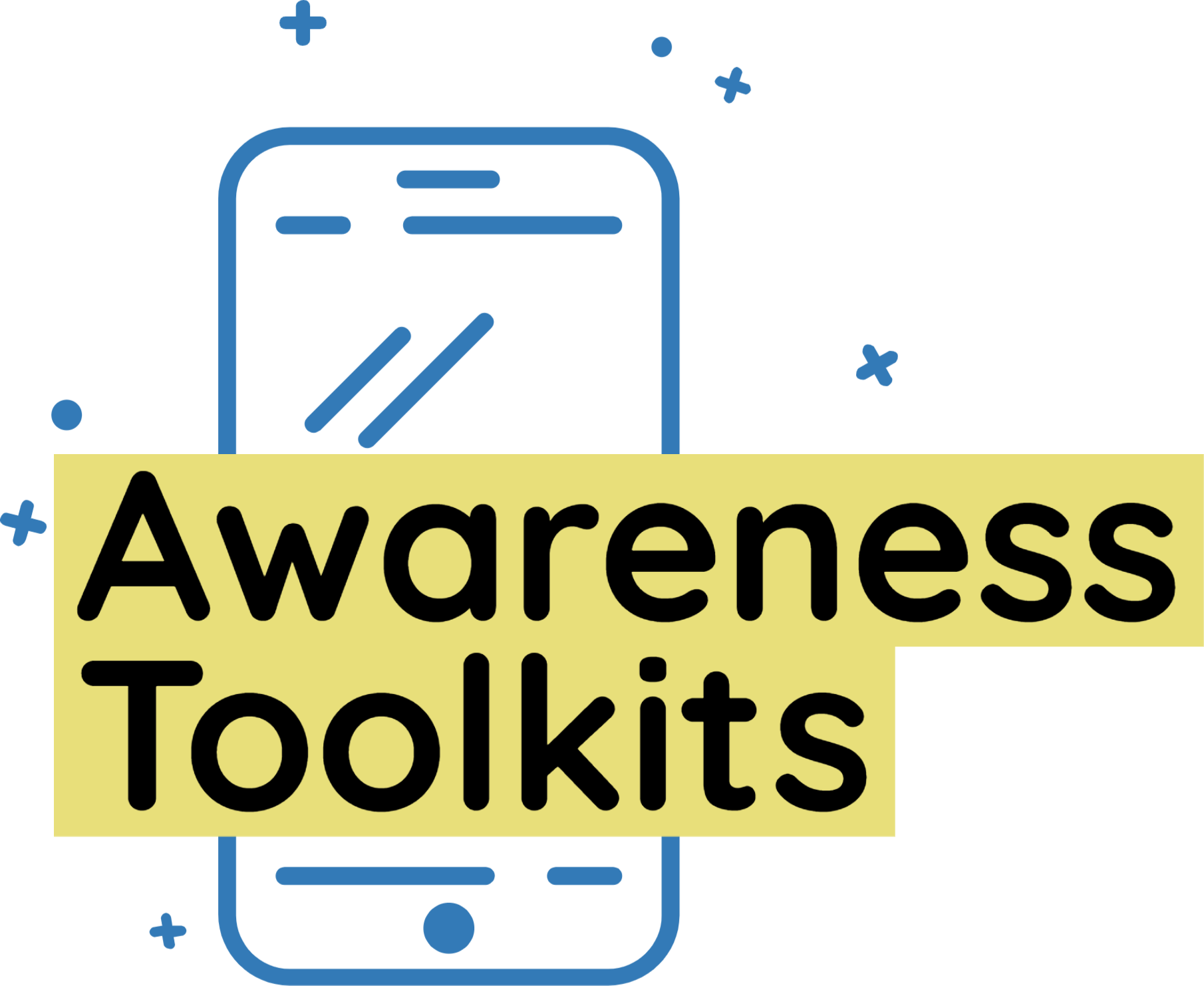
Guest article provided by: doinggoodworks.com
Somewhere over the rainbow
The world is rapidly changing. Technological advancements mean that even expert futurists like Michio Kaku have a hard time accurately predicting what the world may look like in fifty years, never mind a thousand. Concepts like the megaverse and artificial intelligence, are edging ever close yet nobody knows if they’ll be humanity’s savior or ruination.
If we concentrate our crystal ball to predict the role of businesses in the future, once again the vision is shrouded in fog. Some despair that monopolies will continue to expand, culminating to such drastic proportions that we’re reliant on a handful of mega-corporations who together hold more power than the world’s governments.
The ‘glass half-full’ crowd are adamant that humanity can save itself and before long industries will be dominated by independent business that places community values and enriches their communities over insane profits and world control? This article is going to get the facts straight and tell you exactly what’s going to happen.
Just kidding. We don’t know. Here, we’re not making outlandish claims or will dare to say whether a utopia or a world on fire is more likely than the other. We’re just going to explain the two different viewpoints and see if it’s possible to shape the path we’re heading down.
Is there a pot of gold in our future, or will any light prove to be a false dawn?
First the bad
In the hands of a few
We’ll start with the bad to get our dystopic nightmares out of the way. A combination of tech becoming ever more powerful with a climate that on its current projection, will almost certainly result in famines, wars over natural resources, and a surveillance system that controls those who do survive. No, we haven’t read too much Cormac McCarthy thank you very much, all this is what scientists are predicting if we don’t change our current trajectory. You don’t have to be George Orwell to consider that the future might look a bit bleak.
Warning signs are apparent. In the tech sector, we’re seeing a handful of companies control more data and extract more personal information than the Gestapo or KGB would have thought possible in their wildest dreams. Google and Facebook are arguably the two biggest violators by “undermining consumer privacy” and have had lawsuits due to numerous “data sharing scandals”.
The concept of being ‘too big to fail’ first originated with some of the banking superpowers after the financial crisis in 2008 but it now extends beyond this market and into big tech. Companies now have valuations of over a trillion dollars with Apple and Amazon having bigger budgets than countries. Based on current trends, if left unregulated these companies will continue to gobble up smaller competitors to stifle out all competition. That doesn’t sound like the capitalism we were promised when the free market has essentially collapsed with innovation virtually nonexistent.
Let’s take a look at Amazon. Back in the day, this was a neat little online bookstore. Now, it’s a trillion-dollar colossus that’s “the go-to solution for the majority of modern shoppers,” that sells just about everything. And that’s just Amazon.com. Let’s not forget about their always-listening home devices, Amazon Fresh the “grocery wing of its rampaging empire” and did you know, “Amazon Web Services (AWS), [controls] 32 percent of the entire market?” From selling a few bestsellers to controlling entire markets. But don’t think this explosion growth stops here. If allowed to continue on this trajectory what will the company look like in another ten, twenty, one hundred years?
As we saw with the congressional hearings that grilled Mark Zuckerberg about how Facebook, WhatsApp, and Instagram services are not only causing a social media monopoly but are “invading our privacy” by putting “their astronomical profits before people.” Despite all the accusations, the prosecutor “stopped short of calling for a breakup of the company” and didn’t even issue a fine for their continual use of misinformation.
Can we be surprised? Similar attempts to curb the powers of other internet giants, such as Google, have also resulted in little more than a slap on the wrist. If we sit back and allow indecision to rule, will we soon be living our entire existence at the mercy of a handful of oligarchs and the weld of influence they exert through their corporations?
Is it realistic to consider that if these are allowed to continue will we see countries under the control of the wills of business, not vice versa? If so, what does this mean to the citizens? Will we be singing the YouTube theme song rather than the national anthem at the next Olympics?
We may end up living on a red planet… but will this be Earth after the climate crisis has wreaked havoc on our ecosystem?
The Public Becomes Private
The power redistribution from country to corporation is, in a sense, nothing new. Over the past century, many countries have seen publicly held services been targeted and exploited by private interests for profit. There’s the US postal system that’s been taken over by United Parcel Service and FedEx “to capture an even larger share of the shipping and mail-processing markets without shouldering the Postal Service’s public service responsibilities.”
Across the Atlantic things aren’t much better, and indeed, the act of privatization has been going on for decades. In 1994 the British railway system went from the public domain into the hands of a few foreign-owned companies. Before long, the country faced the highest fares anywhere in Europe.
While nobody likes being delayed at the railway system, the future suffocation of public projects may be even more dystopian. Again, we don’t have to make mad predictions without any real evidence but simply by looking at current unethical business practices and seeing what will happen if these are allowed to run amok. The exploitation of natural resources is already apparent and with the scarcity of water and other basic resources likely to accelerate due to climate change this is only going to accelerate. Nestlé has been issued a ‘cease and desist’ by California water officials because the company has been stealing millions of gallons of water from the San Bernardino National Forest and selling it as bottled water for profit.
Sci-fi is becoming more of a reality with 2021’s hottest topic, the return of the Space Race. This time it’s not two countries like the USA and the Soviet Union doing battle over the skies but companies, like Amazon’s (surprise, surprise) Blue Origin against Space X (owner ¼ trillionaire Elon Musk). Let’s not be swept away by any grandiose claims that these billionaire-backed companies are sprouting. There are two main reasons why these men want to dominate space (minus fighting over who’s got the biggest rocket) and it’s not for the sake of you and me.
As we’re still on the dystopian side of future business let’s look at what could happen if business is left unchecked in these new – and highly lucrative – industries.
Instead of space tourism, these vessels are likely to carry only the super-rich while the rest of us will have to go by on the scraps left over once the climate crisis is at its peak.
Far from being the future of humanity as we sweep through galaxies as Star Trek imagined if tech oligarchs get their way this technological advancement could spell the end of humanity as we know it.
Jeez, that’s a bit of a bummer. However bad this all seems, don’t let us spoil your day just yet. For every tale of gloom, there’s a prophecy of hope. In fact, the future of business may grant us more freedom in a greener more equitable world. Let’s wipe our tears away and see what’s possible.
One small step for man… one giant leap backward for mankind. Will billionaire obsession with space doom all of us left on earth?
A Brighter Future
Conscious Consumers
Based on what we’ve said in the ‘Bad’ section, one of the greatest threats to humanity is the grasp big tech has on our privacy, and how their monopolistic powers could be the ruination of us all. So to curb their control, it’s time we collectively organized the way we shop and the services we use.
There’s been a growing movement about boycotting certain companies due to malignant abuses of power. Good. Protests are fine and bad publicity is sure to hurt but the only way companies will change is if their profit margins start to sink.
Of course, even if we do stop shopping at companies that are lacking in morals we still need basic commodities. So where do we get these from if we’re saying ‘no’ to Amazon? A good place to start is with B Corps. B Corps are rethinking what the future of business can look like. Instead of having a world dominated by a handful of profit-at-all-costs corporations, we can have companies that have genuine compassion. If you don’t know already, B Corps are independently assessed in four key areas of business operations. They are governance (i.e. the transparency and accountability of the business), environment (being ecologically responsible), workers (everyone being paid a living wage and working in safe conditions), and community (being a benefit rather than a hindrance to those around us). Every B Corp is given a score based on these considerations. Fail, and the certification is taken away. This way consumers can be assured that every time they see a B Corp certified product or service they know it is from a company that is helping prevent a dystopic near future.
The good news is that the movement is thriving. Right now there are over 4,000 B Corps all over the world and is continuing to grow. One of these B Corps is Doing Good Works. This California promotional product supplier helps those from the foster care system as part of their Workforce Development program.
Alongside helping businesses with all their printing needs and helping those in the foster care system, this amazing B Corp also publishes great articles on everything to do with being a B Corp. We recommend: ‘Always do (B)etter: B Corps and the continual strive for improvement’ as the place to start to find out about B Corps and how they’re on a mission to reconfigure business as a movement that does local and global good.
Doing Good Works is one of over 4,000 B Corps transforming local communities while helping to save the planet at large
Fight on every front
We hope we’ve brought a smile back onto your face now that we’ve proven there is hope if we don’t budge on our principles when it comes to shopping. It’s great if we can replace Nestlé with a B Corp alternative, and if we ditch fast fashion for sustainably sourced and recycled products it’s a guarantee that together we can be one step closer to a brighter tomorrow.
That being said, there are some problems that B Corps (at least on their own) can’t solve. Earlier when we looked at the bleak future that can occur if we’re not careful, big tech monopolies and the power they hold both financially and societal mean it’s difficult for B Corps alone to break up the tech giants.
What we need is more accountability in this sector to bring it into the 21st century. Anti-monopolistic laws have to be introduced and enforced, and a breaking up of companies such as Amazon and Facebook that control entire industries. We have to acknowledge that these regulations won’t be through self-governance or politicians wanting to do the right thing. It’s up to us ordinary folks to pressurize governments to make the laws that will allow us to live harmoniously now and in the future.
We must unite if we are to paint a rosier picture for the future generations
The World Is Yours (And Mine)
So there we have it. Two very different-looking futures, both completely in the realm of possibility. If the latter looks more favorable to you then it’s about time we fight for the future that we need. While we understand that the power of these large corporations can make us feel helpless, by working together we can prove who’s really in control of the future. It’s not going to be easy. We have to collectively use all the power we have – at the ballot booth, peaceful protests, and how we spend our dollars if we wish to live in the world we want.





